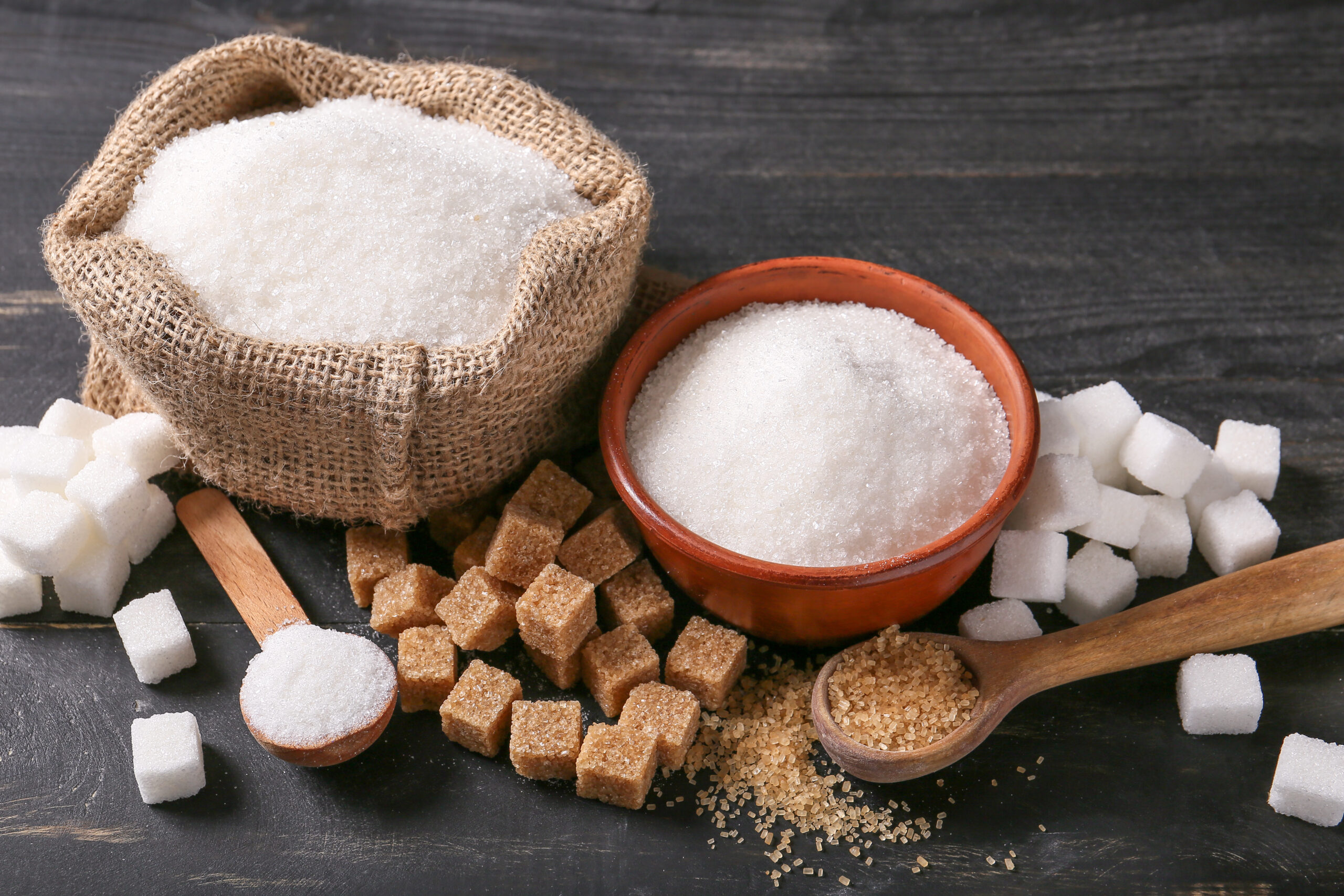
34 interesting facts about sugar
- 👁️ 1343
Sugar is a commonly used ingredient in many of the foods and drinks we consume on a daily basis. Despite its widespread use, many people are not aware of the numerous interesting facts about sugar. In this article, we will explore some little-known facts about sugar.
- Sugar is a carbohydrate that is found naturally in fruits, vegetables, and milk.
- The most common type of sugar is called sucrose, which is made up of glucose and fructose molecules.
- Sugar is often added to foods and drinks to improve their taste.
- Sugar is a source of energy for the body.
- Consuming too much sugar can lead to health problems such as obesity, type 2 diabetes, and tooth decay.
- The recommended daily intake of sugar for adults is no more than 30 grams.
- Sugar is addictive, and can trigger the same reward centers in the brain as drugs like cocaine.
- The average American consumes around 17 teaspoons of added sugar per day.
- In the 18th century, sugar was considered a luxury item and was very expensive.
- The sugar industry played a major role in the transatlantic slave trade.
- Brazil is currently the largest producer of sugar in the world.
- Sugar can be extracted from a variety of plants, including sugarcane, sugar beets, and maple trees.
- Sugar has been used for medicinal purposes for centuries, and was used to treat wounds during World War I.
- Sugar can also be used as a preservative in certain types of food.
- Molasses, a byproduct of the sugar-making process, is often used as a sweetener in baking.
- Brown sugar is simply white sugar with molasses added to it.
- Powdered sugar is made by grinding granulated sugar into a fine powder.
- Confectioner’s sugar, also known as icing sugar, contains cornstarch to prevent clumping.
- Caramel is made by heating sugar until it melts and turns brown.
- Invert sugar is a mixture of glucose and fructose that is used in the production of confectionery and baked goods.
- Honey is a natural sweetener that is made by bees from the nectar of flowers.
- Sugar-free products often contain artificial sweeteners such as aspartame or sucralose.
- Some people have a genetic mutation that makes them dislike the taste of sugar.
- In 2018, the World Health Organization recommended that countries introduce a sugar tax to help reduce consumption.
- Sugar can cause inflammation in the body, which can contribute to a variety of health problems.
- High fructose corn syrup, which is commonly used as a sweetener in processed foods, has been linked to obesity and other health problems.
- Sugar is not an essential nutrient, and can be replaced with healthier alternatives such as fruit or natural sweeteners like honey or maple syrup.
- Sugar can lead to spikes in blood sugar levels, which can cause fatigue and mood swings.
- Artificial sweeteners can also cause spikes in blood sugar levels.
- A diet high in sugar can lead to an increased risk of heart disease.
- Sugar consumption can also contribute to liver disease and non-alcoholic fatty liver disease.
- Consuming sugar can cause tooth decay and cavities.
- Sugar can also lead to a weakened immune system, making it easier to get sick.
- Sugar can contribute to the development of certain types of cancer, including breast and colon cancer.
While sugar is a common ingredient in many foods and drinks, it is important to be aware of its potential health risks.











